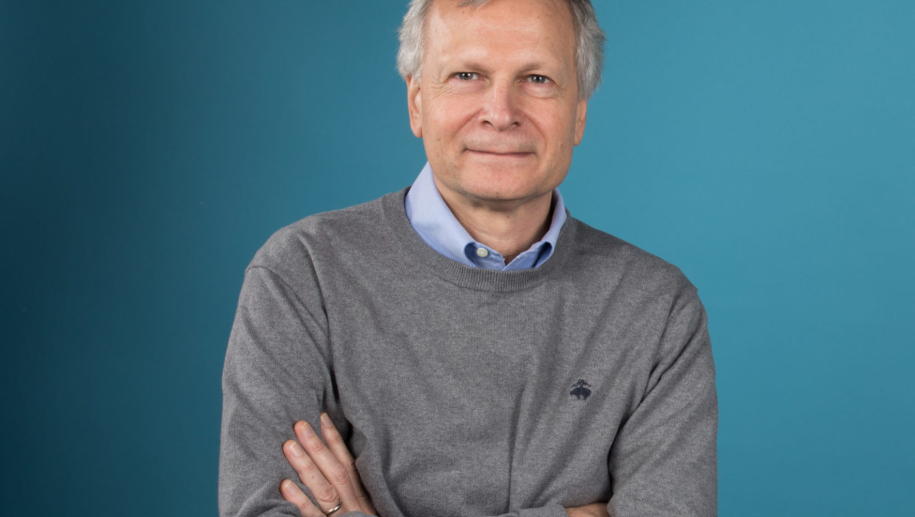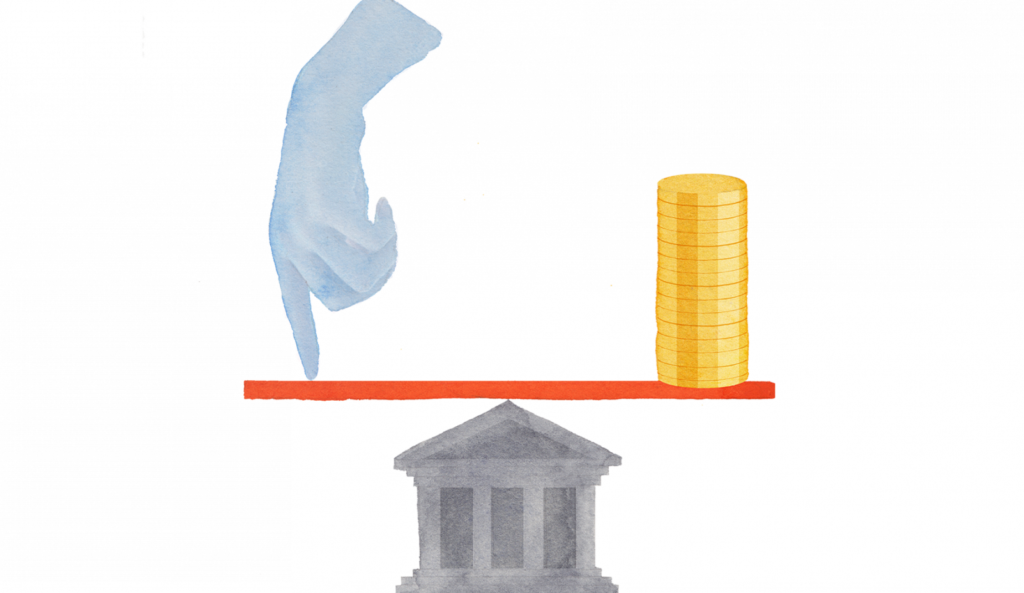Article overview
Capitalism in the pillory - more than whining
More than half of Germans have doubts about capitalism - which also makes the FAZ wonder. An attempt at resolution.
The Global Consequences of Germany’s “Educational Imperialism”
Matthew Klein describes how Germany's export strategy is damaging Europe and the rest of the world.
DIW-Study Shows Unimagined Level of Inequality
Wealth inequality in Germany is even higher than estimated. That shows a new DIW-study which uses a new data mechanism.
Toward a New Fiscal Constitution
Mariana Mazzucato and Robert Skidelsky call for a new and mission-oriented fiscal constitution. They advocate for new indicators and the implementation of Job Guarantee Programmes.
New Economy Short Cut with Kristian Blickle (New York Fed)
Kristian Blickle will present a new version of his working paper "Pandemics Change Cities: Municipal Spending and Voter Extremism in Germany, 1918-1933".
How unequal Germany really is
Is the drifting apart of income and wealth real - or just scaremongering? This has been the subject of debate in this country for years. The Forum New Economy has commissioned leading researchers to compile the empirical evidence. First part of the study.
A Market for Values and its role in reconciling capitalism and democracy, economics and ethics
In a guest contribution for Forum New Economy, Marco Senatore, Senior Civil Servant at Italy's Department of the Treasury discusses his notion of a market for values.
Narratives and Szenarios in the post-Corona world
Does the crisis trigger a transformation process or will everything go back to normal? Hannes Böhm and Valentin Sagvosdkin describe the importance of narratives for the time after the crisis.
Larry Summers talked to NAEC (OECD)
Our cooperation partner NAEC (OECD) invites you to a conversation with former US Treasury Secretary Larry Summers. You can find the recording here.
The State of Inequality in Germany
What are the recent trends in income, consumption and wealth inequality in Germany? Charlotte Bartels and Carsten Schröder review the literature in a new study commissioned by Forum New Economy.













